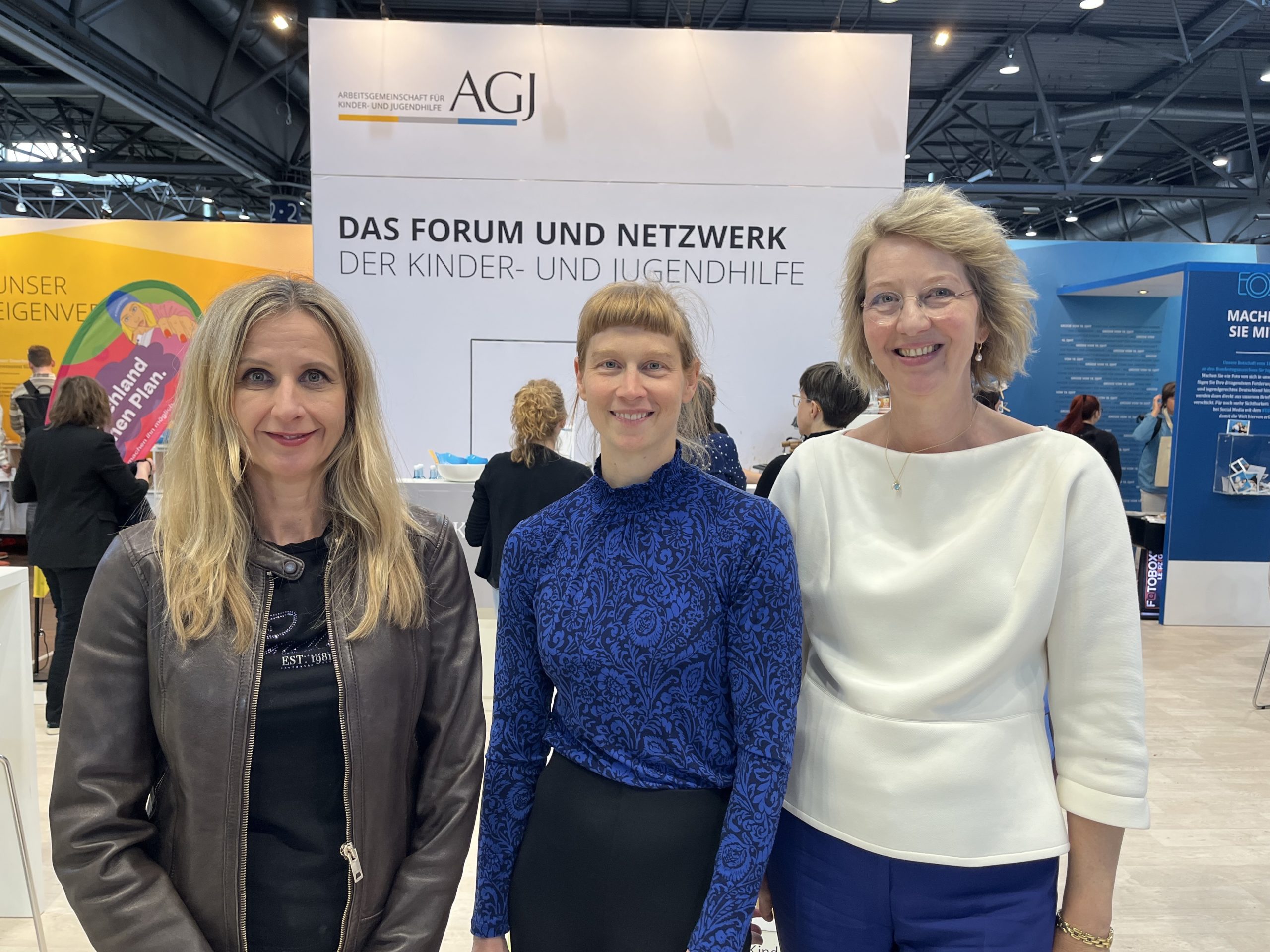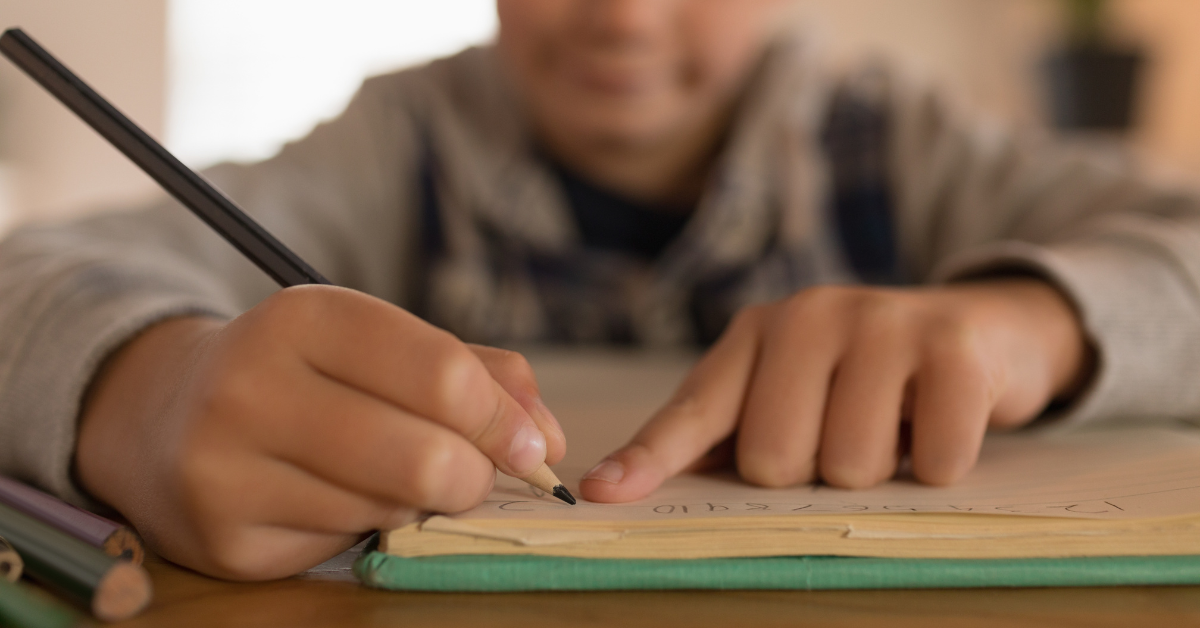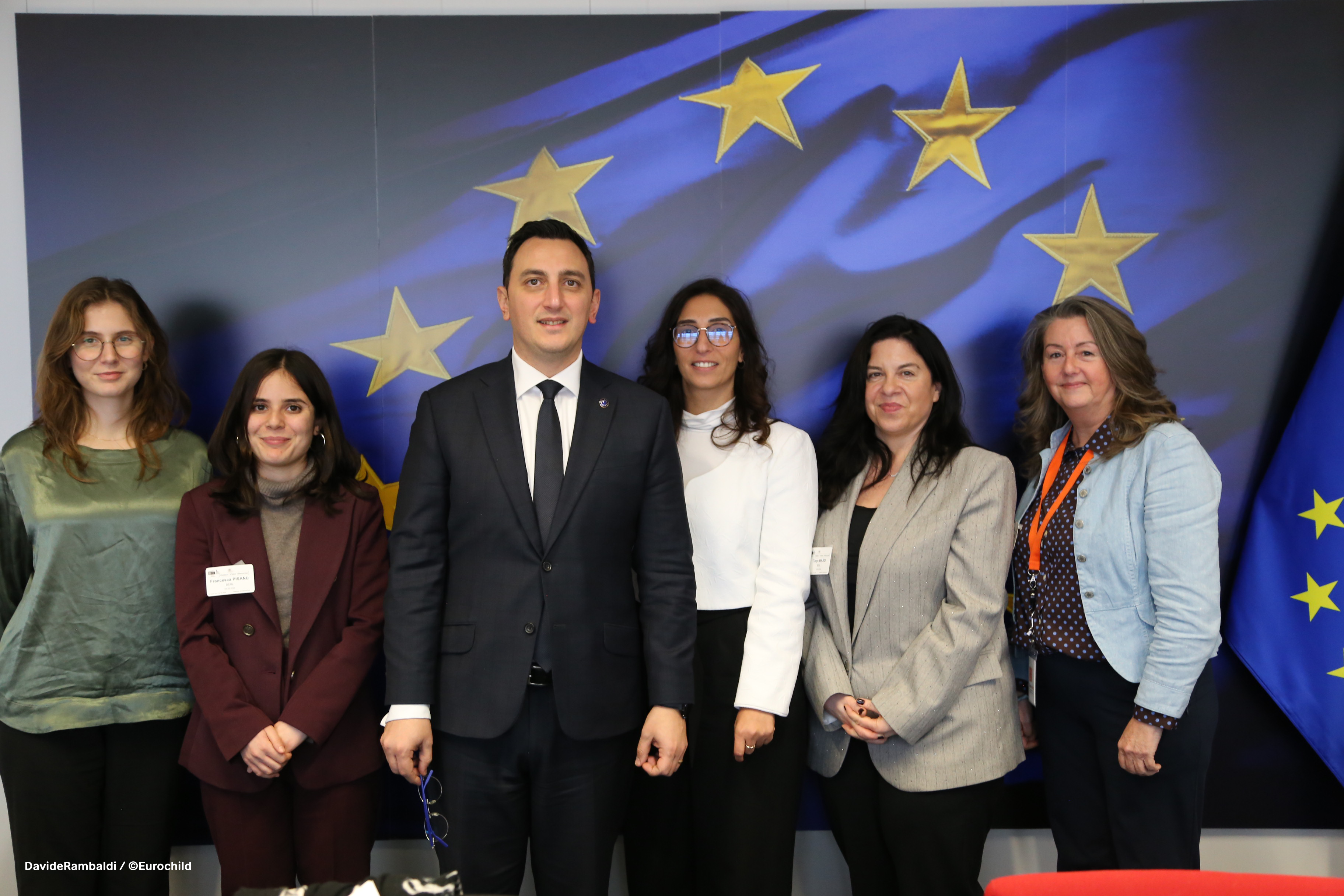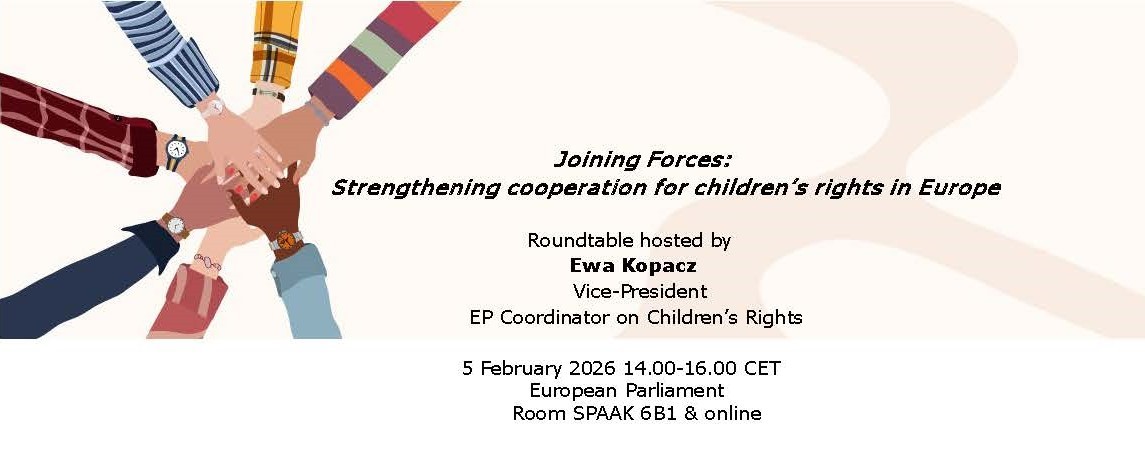Eurochild highlights EU priorities for children’s rights at Europe’s largest Youth Welfare Conference
The 18th German Child and Youth Welfare Conference (DJHT) brought together over 30,000 participants in Leipzig under the theme: ‘Because It’s All About the Big Picture: Realizing Democracy and Participation!’
Eurochild was proud to take part in this major event, thanks to the invitation from its German member, AGJ (Arbeitsgemeinschaft für Kinder und Jugendhilfe), the main conference organiser. As part of the conference programme, Eurochild hosted a session on the EU's Key priorities for children’s rights between 2024 and 2029, which spotlighted:
- Combatting Child Poverty and Social Exclusion
With nearly 25% of children in the EU at risk of poverty or social exclusion in 2023, there is an urgent need for robust national policies to implement the European Child Guarantee. Eurochild monitoring work, particularly with its yearly flagship report provides concrete data and civil society insights to hold governments accountable. - Children’s Rights in the Digital Environment
As technology continues to shape children’s lives, Eurochild advocates for a safe, inclusive, and empowering digital world. We shared our work on fighting online child sexual abuse, including our research Speaking up for change: Children’s and caregivers’ voices for safer online experiences, carried out with children and caregivers on online safety, and our campaign on the implementation of the Digital Services Act. - Child Participation in Decision-Making
Eurochild continues to promote child participation at all levels. We presented our work with the Eurochild Children’s Council, shared best practices from our National Eurochild Forums and discussed how children can meaningfully engage with key EU decision-makers.
Eurochild also had the opportunity to meet with key partners in Germany, including the National Coalition Germany, the German Children’s Fund, and the German Federation for Arts Education. These exchanges served to strengthen collaborative efforts and exchange ideas on how to jointly advocate for children’s rights at both national and EU level.
The event featured more than 300 sessions, presentations, and exhibitions focused on the future of child and youth policy, intergenerational justice, and inclusive participation. Organisations focused on children and youth, along with representatives from national, regional, and local governments, had the opportunity to showcase their work and directly engage with other professionals, policymakers, and youth workers. It provided a unique opportunity for networking, knowledge-sharing, and strengthening cooperation between national and European child rights advocates.
Germany’s commitment to hosting such an inclusive and large-scale platform highlights the critical importance of dialogue between professionals, policymakers, and young people. Events like the DJHT are essential for ensuring that children’s rights are respected in child and youth welfare policy and practice and that professionals working with and for children are supported in delivering meaningful change.





